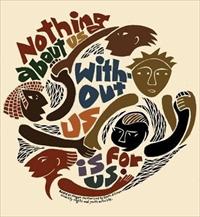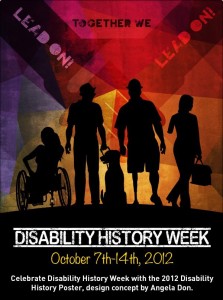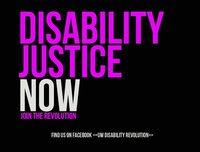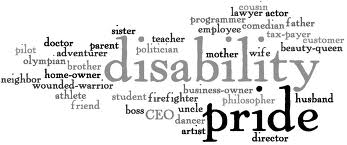Speaking Love and Anger: A Response to Ngọc Loan Trần’s “Calling IN: A Less Disposable Way of Holding Each Other Accountable”
There are many things I like about Ngọc Loan Trần’s article Calling IN: A Less Disposable Way of Holding Each Other Accountable. I’m particularly struck by the author’s insistence that, within social justice spaces, we be kind to one another — that we acknowledge that each of us is ignorant, that we understand that we are all debriefing from the constructs in which we were raised, and that we support each other as human beings as we go forward to create justice:
We fuck up. All of us. …. But when we shut each other out we make clubs of people who are right and clubs of people who are wrong as if we are not more complex than that, as if we are all-knowing, as if we are perfect. But in reality, we are just really scared. Scared that we will be next to make a mistake. So we resort to pushing people out to distract ourselves from the inevitability that we will cause someone hurt.
And it is seriously draining. It is seriously heartbreaking. How we are treating each other is preventing us from actually creating what we need for ourselves. We are destroying each other. We need to do better for each other.
We have to let go of treating each other like not knowing, making mistakes, and saying the wrong thing make it impossible for us to ever do the right things.
And we have to remind ourselves that we once didn’t know. There are infinitely many more things we have yet to know and may never know.
…
I want us to use love, compassion, and patience as tools for critical dialogue, fearless visioning, and transformation. I want us to use shared values and visions as proactive measures for securing our future freedom. I want us to be present and alive to see each other change in all of the intimate ways that we experience and enact violence.
This is all absolutely beautiful, and I am so happy to see someone talking about it. I am unbelievably tired of the verbal violence that passes for dialogue, particularly in social justice spaces, and anyone who pleads for coming from a place of love and empathy mixed with anger and pain is a person after my own heart.
But there are a couple of things about the article that call me up short. One of them is the way in which the author talks about people having “strayed.” There is something about that idea that feels both deeply foreign and painfully authoritarian to me. The concept appears in the following context:
I picture “calling in” as a practice of pulling folks back in who have strayed from us. It means extending to ourselves the reality that we will and do fuck up, we stray and there will always be a chance for us to return. Calling in as a practice of loving each other enough to allow each other to make mistakes; a practice of loving ourselves enough to know that what we’re trying to do here is a radical unlearning of everything we have been configured to believe is normal.
There is a Christian paradigm here of “straying from the fold” that I find very troubling. I don’t come from a Christian background of bringing people back into the fold; I come from a Jewish background in which we already belong and are free to disagree. So, in the context of the piece, what exactly is the ideology from which people “stray”? Who decides? Is it necessary to think about a central ideology around which we must all constellate, or should there be more room for critique, for disagreement, for generative argument? Straying assumes that we must come back to center. But whose center? Mine? Yours? Any group that treats me as though I’ve “strayed” is likely a group that I will “stray” right out of, never to return.
My other issue with the piece is that it is directed only to people inside social justice communities. There is not necessarily a problem with this approach, per se. After all, making sure our own communities are functional is a prerequisite for trying to create a more just and loving society. But I’m also aware of the necessity of applying “love, compassion, and patience as tools for critical dialogue, fearless visioning, and transformation” with people who are outside of social justice communities — with people who haven’t heard our critiques of the status quo, who haven’t examined their own complicity in oppressive systems, who haven’t done the reading or had the discussions or entered into the discourses that are so familiar to us. To me, this is the real challenge. How do we call people in who are way outside of our communities without exhausting ourselves, getting run over, or compromising what we believe in?
I believe it’s possible. I believe that we can combine love, compassion, patience, anger, outrage, pain, and despair as we talk with others who are outside of our circles. If we don’t combine all of these feelings — if we’re only in a place of anger and outrage, or we’re only in a place of love and compassion — we’re living at the polarized extremes that our society has taught us are normal, expected, and beyond critique. We’re creating either endless war or a false peace.
We can do better. We must do better.
Reference
Trần, Ngọc Loan. “Calling IN: A Less Disposable Way of Holding Each Other Accountable.” Black Girl Dangerous. December 18, 2013. Accessed January 1, 2014. http://www.blackgirldangerous.org/2013/12/calling-less-disposable-way-holding-accountable/.
© 2014 by Rachel Cohen-Rottenberg







